What You Need to Know About a Senior Dog Up All Night and How to Fix It!
Ever notice your once bouncy dog now sleeping half the day and restless at night?
As our furry friends age they go through changes in their sleep patterns and we pet parents are left scratching our heads.
In this article, we’ll take you through the ups and downs of your elderly dog’s sleep cycle, explaining why they’re sleeping more or can’t settle at night.
Disclaimer: This article is intended for informational purposes only and does not constitute medical advice. Always consult your veterinarian for diagnosis and treatment of any health concerns regarding your pet.
Senior Dog Sleep Changes
As your older dog ages, you may notice they’re sleeping more or more restless at night; this is normal but can be confusing for pet parents.
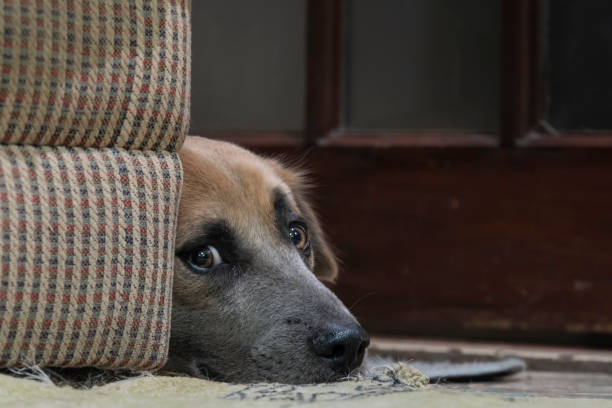
Young dogs are full of energy and ready to play but as they enter their golden years they slow down. This means more napping during the day which can make them have difficulty sleeping at night. Knowing these changes is the first step to keeping your senior pets have a good night's sleep, and happy and healthy.
There are many reasons why your canine companions change their sleep patterns. From aching joints to age-related cognitive decline many factors can make it harder for them to sleep.
But with a little understanding, consistent nighttime routine, and the right care you can help them feel more comfortable and rested as they age, and you may able to prevent them from getting disrupted sleep.
Why Do Senior Pets Sleep Differently?
As dogs age they need more sleep to recover from daily activities but joint pain or cognitive changes can make it harder to rest.
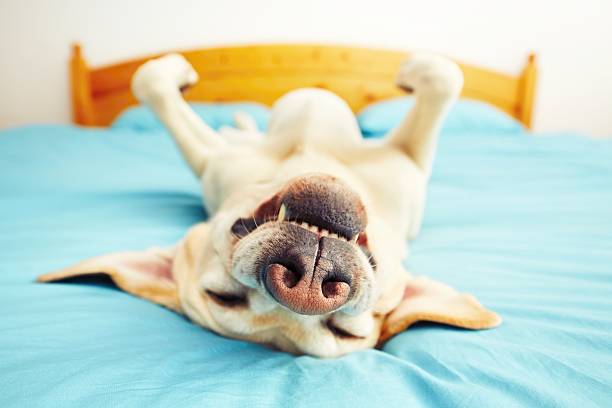
Discomfort can prevent them from sleeping well, while conditions like Cognitive Dysfunction Syndrome (Canine Cognitive Dysfunction) can cause confusion and nighttime restlessness in your senior pet.
How Aging Affects Your Dog’s Sleep Cycle
Older dogs sleep more but their sleep quality suffers, and the reason for the disrupted sleep.

They sleep in fits and starts, waking up more at night due to physical discomfort or changes in hormone levels and metabolism. Some furry seniors can tolerate pain medication that may help them fall asleep, but not all of them can be treated with veterinary medicine.
Physical Changes That Disrupt Sleep
Arthritis makes it hard for older dogs to get comfortable so they wake up more.
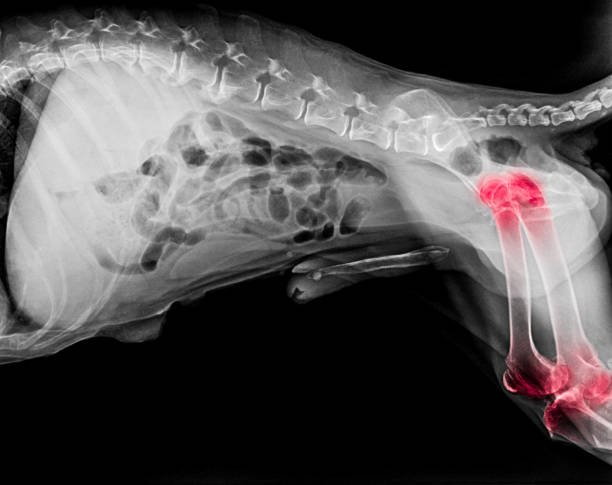
Health conditions like heart disease or respiratory problems, urinary tract infections, and chronic pain can also disrupt sleep, so regular vet checks and physical exam are important to get a definitive diagnosis as well.
Mental Changes That Affect Sleep
Cognitive decline including CDS can cause confusion and anxiety which can further disrupt sleep. In such cases, your furry seniors may need your emotional support, pain medication, and nighttime routine to address this concern.

Mental stimulation during the day like games, and puzzles can help keep your dog’s mind sharp and reduce nighttime restlessness.
The Sleep-Wake Cycle in Senior Dogs
Senior dogs nap more during the day because of low energy but this can make it harder for them to sleep at night.
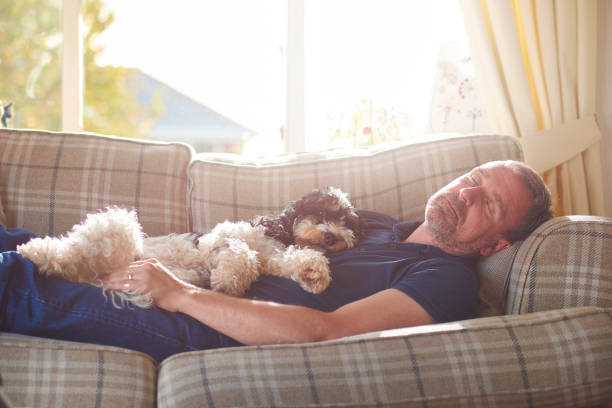
Finding the right balance between activity and rest is key, and planning their nighttime routine would be beneficial as well.
Why Do Senior Dogs Sleep More During the Day?
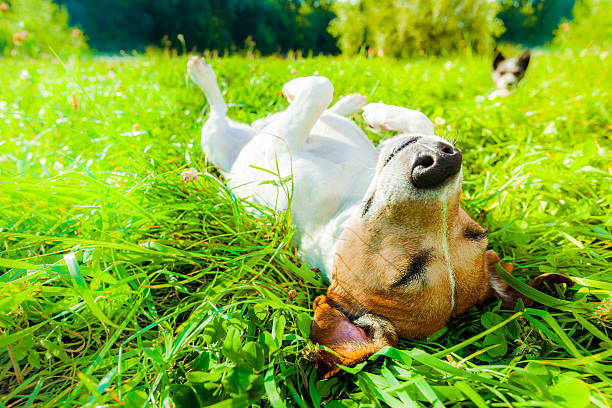
Older dogs get tired more easily and need more rest. Health issues or pain can also cause more napping but too much daytime sleep can make it harder to settle at night.
What Causes Nighttime Restlessness?
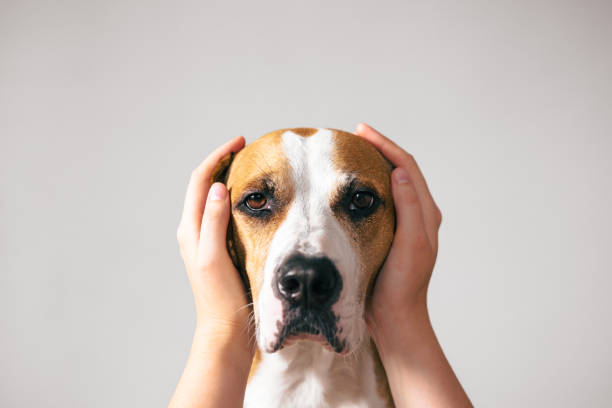
Discomfort from conditions like arthritis, separation anxiety, or confusion makes older dogs restless at night. To help provide a calming sleep environment with a comfortable dog's bed, soft lighting, background noise, and soothing music.
How to Help a Senior Dog Sleep Better
To help your dog sleep better create a restful sleep environment and a bedtime routine.

Choose a quiet spot for their bed away from household noise and consider an orthopedic bed for aging joints, as well as by observing quiet time during their sleep.
Sleep Environment

Make sure the sleeping area is warm and draft free. Soft lighting and calming scents like lavender can help with anxiety. A safe quiet space, quiet time, and comfortable senior dog's bed will help them sleep better.
Bedtime Routine

Consistency is key. Set a specific bedtime and do calming activities like petting or soft music. A routine will help your dog feel more secure and ready to sleep.
Pain Management in Senior Dogs

Joint pain is common in older dogs and can disrupt sleep. Managing pain through medication, weight control or joint supplements can help them rest and feel better.
Managing Joint Pain for Better Rest
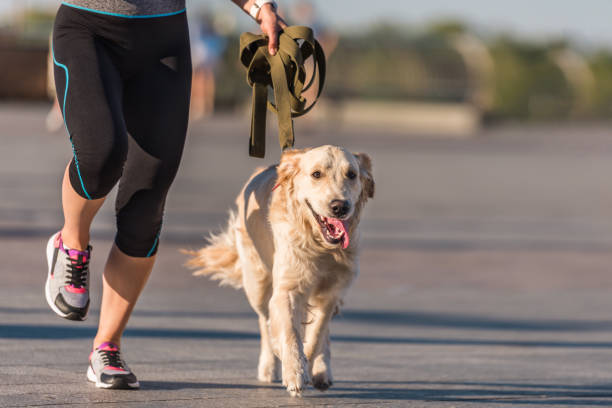
Anti-inflammatory meds, pain relievers, and supplements like glucosamine can help with joint pain. Low-impact exercise can also help reduce discomfort so they can sleep better.
Natural Supplements for Pain Relief

Natural options like CBD oil, turmeric, or Boswellia can help with inflammation and pain. Check with your vet before introducing any supplements to make sure they’re safe for your dog.
Cognitive Dysfunction Syndrome (Dog Dementia) and Sleep

CDS can cause sleep disturbances in senior dogs. Symptoms include confusion, anxiety, and changes in sleep patterns. Early intervention is key.
Signs of Dementia in Dogs

Disorientation, increased anxiety, and altered sleep patterns are common signs of CDS. Dogs may wander or forget familiar commands and get restless at night.
How to Help Dogs with Dementia Sleep Better

Create a safe familiar environment to reduce anxiety and disorientation. Add nightlights so they can navigate at night and mental stimulation during the day to reduce nighttime confusion.
Nighttime Anxiety in Senior Dogs

Nighttime anxiety often caused by cognitive decline or physical discomfort can make it hard for senior dogs to sleep. Understanding the underlying cause is key to managing their anxiety.
Why Do Senior Dogs Get Anxious at Night?

Increased sensitivity to surroundings, cognitive decline or health issues can cause nighttime anxiety. Disorientation in dark or unfamiliar spaces can cause restlessness.
How to Calm a Nervous Dog at Bedtime

Create a routine and a safe sleep environment. Calming music, gentle petting or familiar scents can help with anxiety and relaxation at bedtime.
Dietary Changes for Better Sleep

As dogs age their dietary needs change. Changes to their diet can help with sleep. Foods rich in tryptophan, magnesium, and omega-3 fatty acids can help with relaxation and better sleep.
Sleep-Promoting Foods

Turkey, chicken and fish have tryptophan which helps with relaxation. Consider adding sleep-friendly supplements but check with your vet first.
Exercise and Mental Stimulation for Rest
Daily exercise and mental stimulation are important for your dog’s physical and mental health.
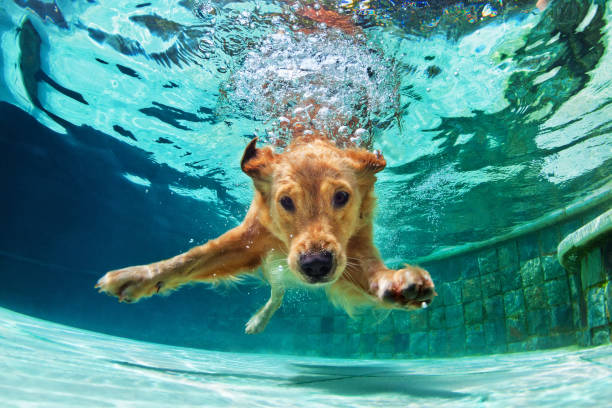
Do low-impact exercises like short walks or swimming to help them wind down at night.
Exercise in Balance

Older dogs need regular gentle exercise to stay active without over-exertion. Short frequent walks or light play can help burn energy and relax.
Professional Help
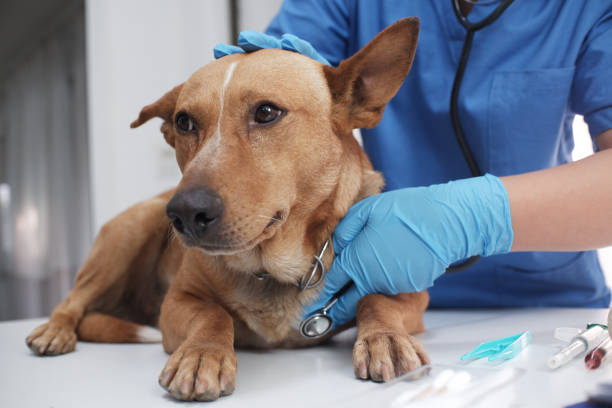
If your dog’s sleep issues persist consult your vet or a pet behaviorist. They can help diagnose underlying health issues and recommend a personalized sleep plan.
When to See a Vet?
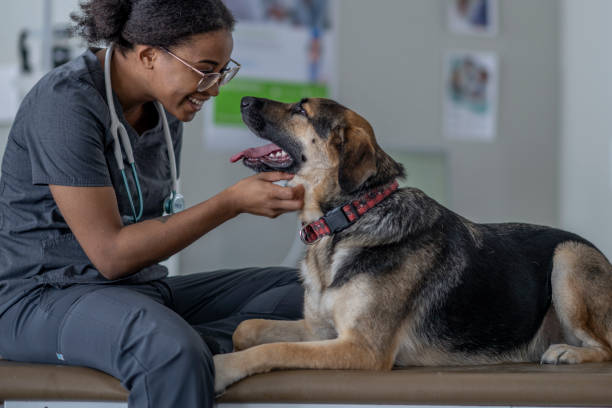
Sudden changes in behavior, anxiety, or restlessness may mean you need professional help. Regular checkups are key to catching sleep disturbances early.
Summary
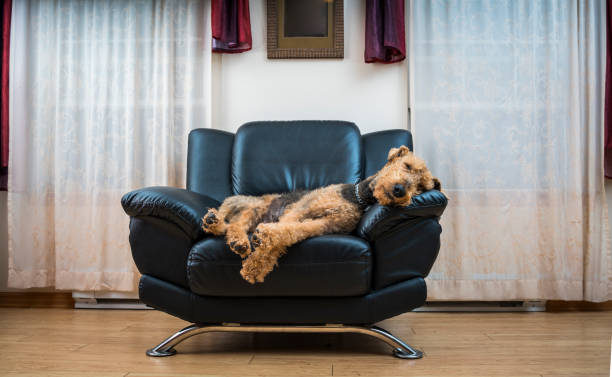
Getting your senior dog to sleep well is key to their overall health and there are many ways to support them as they age. From upgrading their bed to managing pain or anxiety there’s no shortage of simple solutions to help them sleep better.
Pro Tip: Don’t forget that a consistent routine and keeping their minds engaged during the day can work wonders for their nighttime rest.
Ultimately, if your aging dog feels comfortable, calm and pain free they will sleep better and live happier. With a bit of love, patience and a few tweaks to their environment and routine your senior dog will be sleeping better in no time.
FAQs
1. How much sleep do senior dogs need?
Senior dogs need 12 to 18 hours of sleep a day. This varies with breed, size and individual health issues. Larger breeds and those with health issues may need more rest than smaller healthier dogs.
2. Are there certain sleeping positions for older dogs?
Older dogs may not be able to find comfortable positions due to joint pain or arthritis. Orthopedic dog beds can help support their joints and make it easier for them to rest. Encourage your dog to lie on their side or back as these positions can take pressure off their joints and improve circulation.
3. Can I give my senior dog a nightlight?
Yes, a nightlight can be helpful for senior dogs especially those with cognitive dysfunction or disorientation. A soft, dim light can help them navigate their environment at night and reduce anxiety and risk of injury. Choose a warm colored, low intensity bulb to create a calming atmosphere without disturbing your dog’s sleep.
4. What are the signs my dog isn’t sleeping?
Signs your dog may not be sleeping well include restlessness, whining, pacing or can’t settle at bedtime. If your dog seems more anxious, confused or disoriented during the night these can be signs of sleep disturbances.
5. How can I help my dog get used to a new sleeping arrangement?
When introducing a new sleeping area or bed for your senior dog make it gradual. Start by placing the new bed in a familiar spot or next to their old one. Place their favourite blanket or toys on the new bed to encourage them to try it out. Be patient it may take a few days for them to get used to the change.




